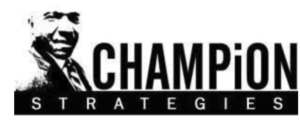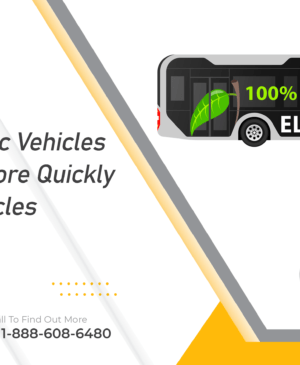As the coronavirus pandemic intensified this year, foot traffic at the Honda of Hollywood dealership in Los Angeles dried up quickly.
To try to keep some business flowing, the dealership started advertising online transactions and free home deliveries that would respect social distancing.
Dealership visits are now by appointment only by many dealerships across the nation.
Consumers are scared to come in, and you can’t blame them. This has opened the eyes of the dealership world that you basically need to be able to do 100 percent of your transactions online.
A lot of dealerships across the U.S. are understanding that this is the way we’re going to have to do things moving forward.
Auto sales were strong this year until the novel coronavirus and social distancing cut deeply into traditional face-to-face transactions. Dealerships large and small have responded by ramping up their online sales capabilities and offering home delivery options, among other approaches designed to keep consumers comfortable with buying cars.
Some are adding new online digital platforms that allow consumers to select a model, trim level, color, and options, get approved for financing, and negotiate the prices of trade-ins and the vehicle they’re interested in buying, according to multiple dealerships contacted by Consumer Reports.
Other dealerships already engaged in some online sales are now making it a central focus of their business as they try to blunt the financial impact of the coronavirus, dealership managers and car sales experts told us. For example, AutoNation, a national chain with 300 dealerships in multiple states, is now offering free home delivery from many of its stores.
Car Sales Future Is Now
Online car sales have traditionally made up 10 to 15 percent of the total U.S. vehicle market, according to Autopia, a company that helps consumers lease cars online. It’s unclear how much the percentage has increased in the several months since the onset in the U.S. of the coronavirus pandemic. No one knows what the post-pandemic future will look like, but based on conversations with dealers and trade groups, consumers can, for the most part, expect to be able to buy cars like they buy a lot of other things—with their smartphones and tablets.
During a typical online car sale, a consumer would peruse the online inventory, choose a car, perhaps select additional options, and then get approved for financing, or buy the car outright. The car could then be delivered to the consumer’s home, either on a flatbed truck or by a pair of drivers and a follow car. Depending on local laws, the paperwork could be signed electronically over the internet, or outside in your driveway. The idea is to make the transaction contactless, or almost contactless.
Consumers interested in a “contactless” transaction need to do online and telephone research to see which dealers are offering the online sales and home delivery options. Shoppers also might need to feel comfortable with buying a car without first kicking the tires or test-driving multiple models. Some dealerships arrange for an at-home test drive as part of the process.
Even so, online sales have become a way to minimize human contact, and in states that have closed showrooms, they present an avenue for dealerships to shore up sales that have dropped precipitously in recent months. No matter how you calculate it, year over year, or month over month, double-digit drops in sales have been the norm in recent months, and they’re expected to worsen as “stay at home” orders spread through the nation.
[embedyt] https://www.youtube.com/watch?v=O8ilQzEp06c[/embedyt]
Prior to the pandemic, some dealers already were in the process of increasing online sales, with third-party software service companies, such as Roadster and 321ignition. The companies specialize in setting up digital platforms so that customers can view dealer inventory, select options, set up financing, and arrange pickup or delivery of the vehicle. Some dealerships arrange for test drives at a shopper’s home.
As the world changes, many dealers face the challenge of pivoting from their longstanding commitment to getting people into the dealership to touch cars and interact with seasoned salespeople. The emphasis on this showroom strategy has delayed most dealers from building effective online sales and marketing presentations, especially those that work well on mobile devices.
The result has tended to be websites, where they exist, that can be confusing or awkward to navigate. Consumers don’t have much patience for that and are more likely to leave a website—or “bounce,” as the internet search industry terms it—if a shopper can’t easily interface with the dealership site.
Google and Facebook are mobile-first platforms, and a lot of companies are advertising on there. These are problems many dealerships will have to work through as the coronavirus slump continues. Those that already had online commerce running have an advantage over those who haven’t.
During this time, it’s a good idea for shoppers to monitor dealership and manufacturer websites to stay on top of special deals and incentives.
Make it a champion day!

Brandon K. Hardison – Champion Strategies










Leave a Reply